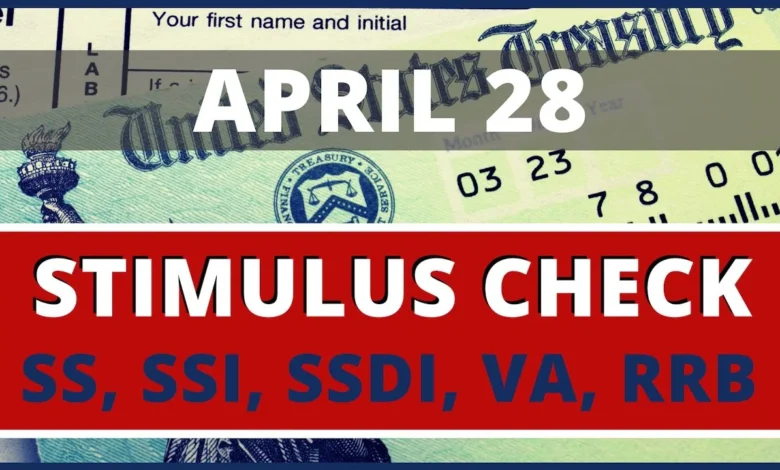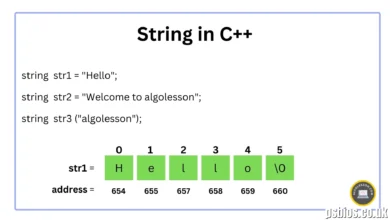Stimulus Checks Ssi Ssdi Va Benefits

Stimulus Checks Ssi Ssdi Va Benefits: In recent years, many Americans have looked to stimulus checks—emergency relief payments from the federal government—to ease financial stress in times of crisis. But for those who receive benefits through Supplemental Security Income (SSI), Social Security Disability Insurance (SSDI), or Veterans Affairs (VA) programs, questions often arise: Do stimulus payments affect eligibility? Will they reduce benefits? Are recipients eligible? In this article, we explore those intersections, clear up common misconceptions, and share guidance for benefit recipients.
What Are Stimulus Checks & Their Purpose
Stimulus checks (also called economic impact payments or relief payments) are periodic disbursements by the federal government intended to boost consumer spending, assist vulnerable populations, and stimulate the economy during downturns (such as during the COVID-19 pandemic). These payments are typically sent via the Internal Revenue Service (IRS) and based on tax returns, income thresholds, or legislative acts.
For example, the American Rescue Plan Act of 2021 included direct payments of up to $1,400 for eligible individuals. Many relief measures also included additional supports for low-income individuals, families, and certain benefit recipients.
Because these stimulus funds originate from the IRS, their impact on benefit programs (which are generally social welfare or entitlement programs) depends on specific rules for each program.
SSI & Stimulus Checks: Rules & Impact
How SSI Works
Supplemental Security Income (SSI) is a needs-based benefit provided by the Social Security Administration (SSA) for low-income individuals who are aged 65 or older, blind, or disabled. Eligibility depends not only on disability or age status but also on strict income and asset limits.
Will Stimulus Checks Affect SSI Eligibility?
Typically, stimulus checks are considered non-countable income or excluded income under SSI rules—meaning they should not reduce your SSI benefits or cause you to lose eligibility, as long as they are one-time, external relief payments. Many IRS relief payments are excluded from SSI income calculations.
During earlier stimulus rounds, SSI recipients were able to receive stimulus checks without jeopardizing their SSI benefits.
However, it is always wise to report receipt of any large lump sum to the SSA, and consult current SSA rules in case of policy changes.
Timing Quirks & Double Payments
Sometimes, SSI recipients may receive two payments in a month due to calendar adjustments (for instance, when a benefit date falls on a weekend). This is not a stimulus check but a scheduling shift. Some social media rumors misrepresent such cases as extra stimulus payments.
SSDI & Stimulus Checks: What You Should Know
Overview of SSDI
Social Security Disability Insurance (SSDI) is a benefit for individuals who paid enough into Social Security (via past employment) but now cannot work due to disability. Unlike SSI, SSDI is not needs-based—it is an earned benefit.
Are SSDI Recipients Eligible for Stimulus Payments?
Yes—past stimulus legislation has included SSDI recipients as eligible for direct payments, under the same eligibility rules applied to taxpayers. As long as the individual has a valid Social Security Number, files tax returns (or uses simplified IRS procedures), they may qualify.
Because SSDI is independent of income tests, receiving a stimulus check does not reduce SSDI benefits.
How Stimulus Payments Are Delivered
For most SSDI recipients, stimulus payments are delivered via the same mechanism as their regular benefit: direct deposit, mail check, or prepaid debit card, depending on IRS and Social Security payment systems.
It’s important to maintain up-to-date banking and contact information with both the IRS and SSA so stimulus checks can be delivered without delay or complications.
VA Benefits & Stimulus Checks
VA Benefit Types
The Department of Veterans Affairs (VA) administers multiple benefits including:
-
Disability compensation
-
Pension
-
Survivors benefits
-
Educational benefits, etc.
These benefits are generally not income-tested, and are based on service, disability rating, or eligibility criteria.
Do Stimulus Checks Affect VA Benefits?
In general, stimulus payments do not count as income that would reduce VA benefits. Since many VA benefits are not means-tested, an external relief payment should not affect one’s entitlement.
As with other programs, however, the precise impact depends on the specific benefit type and whether any overlapping rules exist. Always consult VA guidance or a veterans benefits counselor when in doubt.
Distribution of Stimulus to VA Beneficiaries
VA benefit recipients who are also eligible for stimulus checks will receive them via the IRS mechanisms, not via VA. This means that VA beneficiaries should ensure their IRS and banking information is correct and active to receive stimulus payments.
Rumors, Scam Alerts & Verification Tips
Unfortunately, the subject of stimulus checks for SSI, SSDI, and VA has generated significant rumors, speculation, and scams. Here are key things to watch out for:
-
Claims of a new $1,800 stimulus check appear online frequently. These are unverified and not confirmed by the IRS, SSA, or VA.
-
Scams may request personal or banking information, claiming “registration is required” to receive a stimulus. Legitimate stimulus payments occur automatically (if eligible) without needing to sign up through texts or emails.
-
The Treasury is phasing out paper checks for federal benefits (Social Security, SSI, VA) as of September 30, 2025. Recipients who still receive checks must convert to direct deposit or similar electronic payment to avoid delay
-
Always use official sources: IRS.gov, SSA.gov, VA.gov, and trusted government communications—not social media ads or unknown websites.
When you see a bold headline about a “new stimulus check,” cross-check it with official agencies before acting.
Best Practices & Key Takeaways for Benefit Recipients
Here are practical strategies and reminders for SSI, SSDI, and VA benefit recipients regarding stimulus checks:
-
Keep your banking information current with SSA, VA, and IRS, so any stimulus or relief payments arrive smoothly.
-
Monitor official announcements—if a new stimulus is authorized, your federal benefit program (SSA, VA) will publish it.
-
Report one-time payments to SSA if required, but one-time stimulus checks are often exempt.
-
Beware of scams—no legitimate stimulus payment will require upfront verification, subscription, or fees.
-
Budget for scheduling quirks, especially if SSI pays twice in a month due to weekend dates (this is not new stimulus money).
-
Stay informed on policy changes—the 2025 shift away from paper checks is a major change affecting many recipients.
Conclusion
For individuals receiving SSI, SSDI, or VA benefits, stimulus checks represent hope and financial relief—especially in tough economic times. But the key is understanding how these payments interact with benefits, how they are delivered, and how to discern fact from viral rumor or scam.
-
SSI recipients generally have stimulus checks treated as non-countable income, not reducing their benefit eligibility.
-
SSDI is not means-tested, so stimulus checks do not reduce your monthly payments.
-
VA benefits typically remain unaffected by external relief payments.
-
Importantly, many rumors of new “extra” checks (like $1,800 payments) lack official confirmation—most stem from speculation or misinformation.
-
Also, as of September 30, 2025, the U.S. government is phasing out paper checks in favor of electronic payments for most federal programs.
If you or someone you know relies on these benefits, remain vigilant. Use official government portals, avoid sharing sensitive data, and stay up to date on real legislative changes. Stimulus checks can help—but only when the information behind them is accurate and trustworthy.




